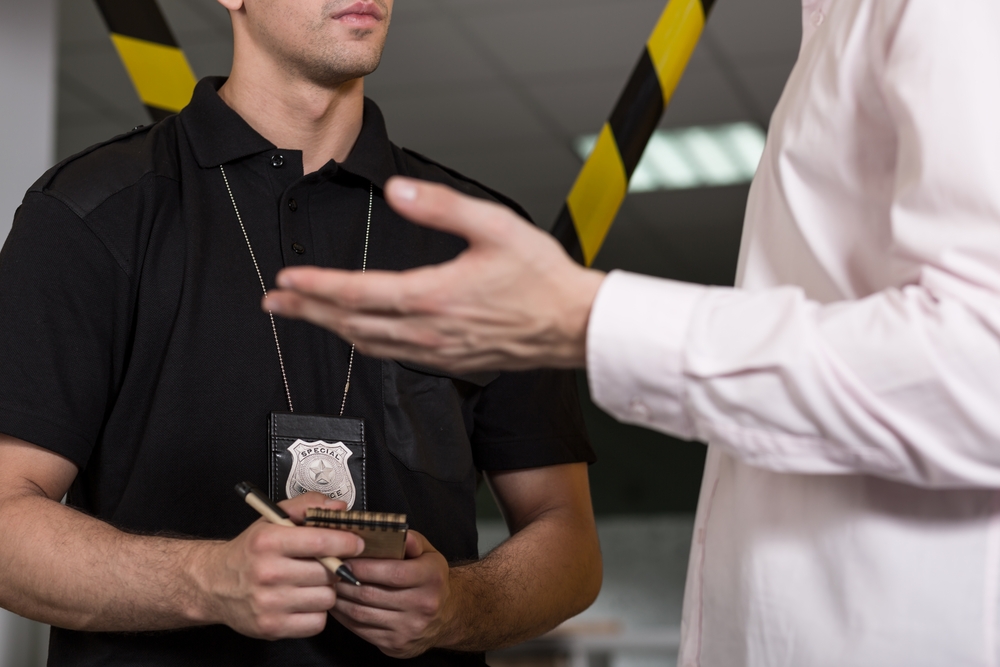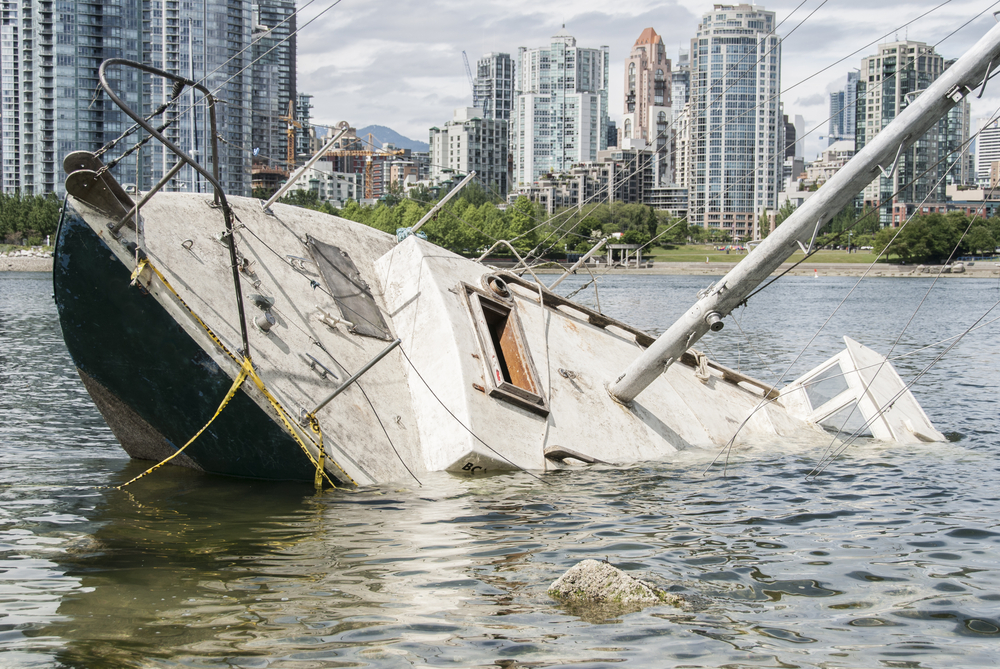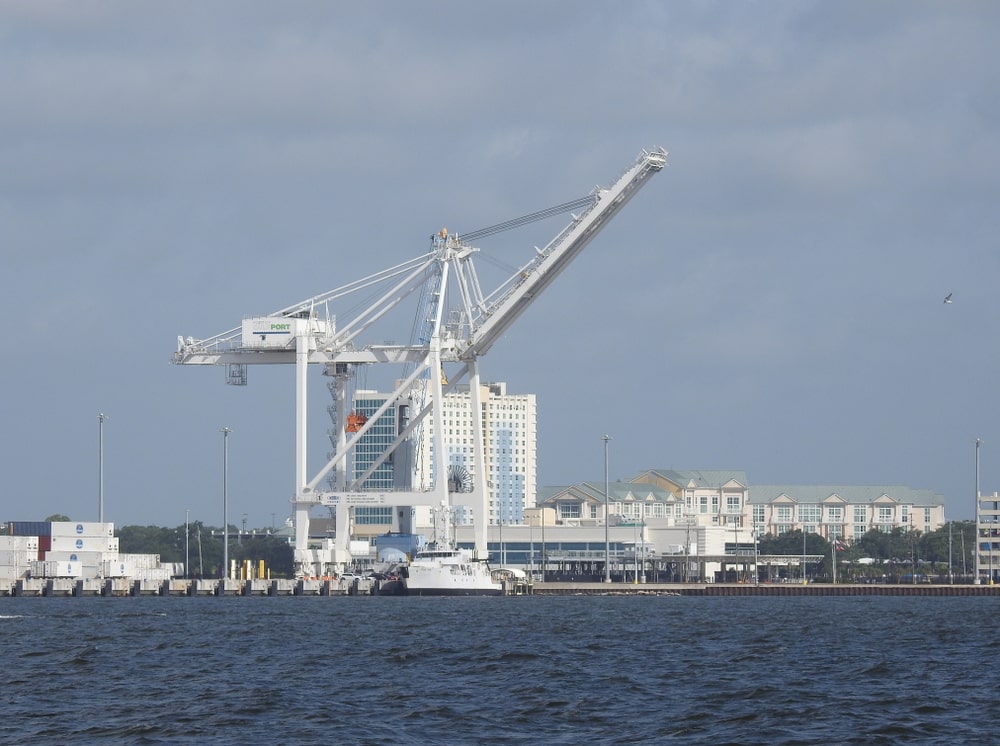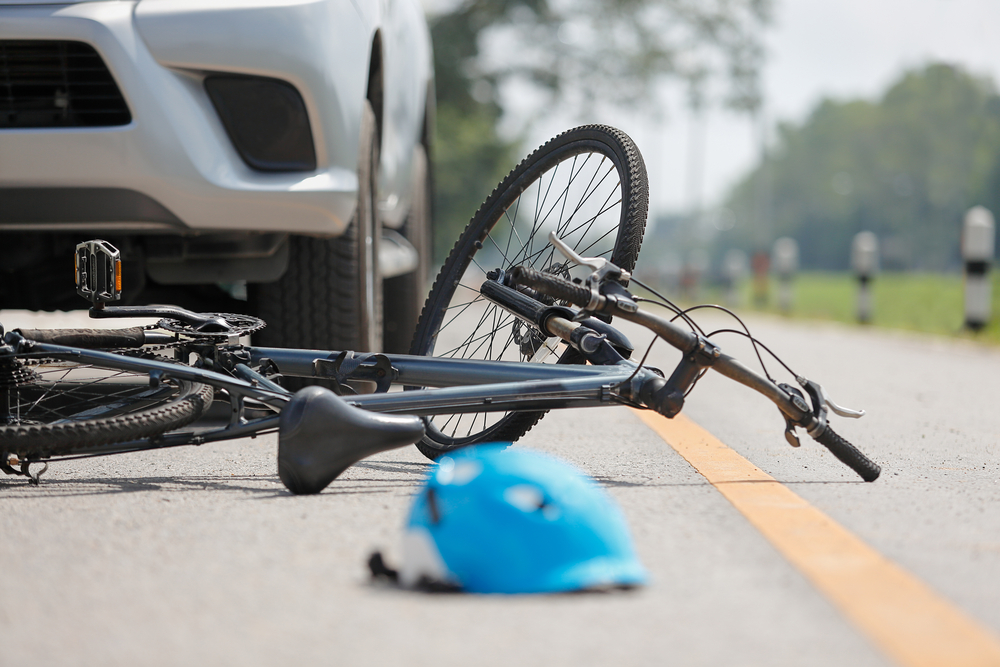Is Florida a No-Fault State?
Florida is a no-fault state when it comes to car insurance, which plays a significant role in how damages are awarded in car accidents. Drivers in Florida are required to carry personal injury protection (PIP) to cover for injuries and other damages regardless of who is at fault in an accident. Here is everything you need to know about Florida’s no-fault system: Understanding No-Fault Insurance The principle of no-fault insurance is that it provides each injured party in a car accident with compensation for their injuries or other damages. Each injured party must pursue compensation from their insurance company, regardless of who is responsible for the accident. The reasoning behind this system is that it allows victims to receive prompt payment for medical bills and reduces the need for litigation between parties, at least in minor accident claims. The concept of no-fault insurance originated in the United States in the 1970s. It was issued to address the growing concerns of traditional fault-based systems which were often related to lengthy and costly lawsuits. Many states in the U.S., including Florida, have adopted the no-fault system to streamline the claims process and ensure faster compensation for accident victims regardless of fault. Florida’s No-Fault System & Its Benefits In Florida, the no-fault insurance system is known as Personal Injury Protection (PIP) insurance. Drivers in Florida must possess a minimum PIP insurance of $10,000 in coverage to cover for medical expenses and other related costs resulting from car accidents. PIP coverage insurance includes: Medical expenses such as doctor visits, hospital bills, diagnostic tests, or rehabilitation services Lost wages as a result of car accident injuries can be recovered by up to 60% Death benefits, such as funeral expenses and [...]






